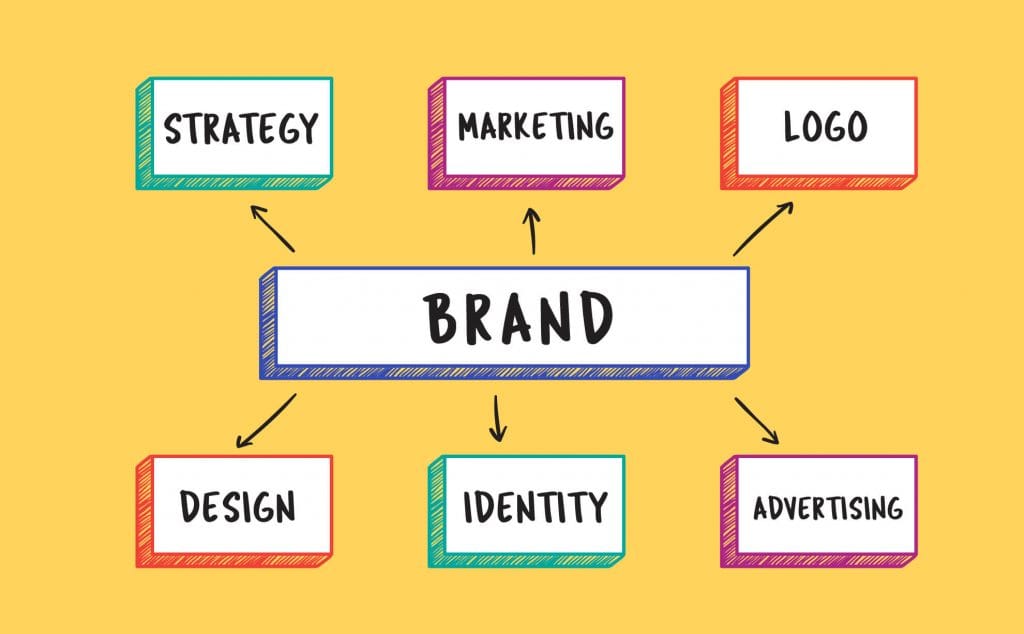
Introduction
As a business owner, one of the critical decisions you’ll face is determining how you structure your services and pricing. Should you focus on one-time projects that bring in immediate revenue, or should you adopt a recurring revenue model that provides steady income over time? Each approach comes with its own set of advantages and challenges.
In this post, we’ll dive into the pros and cons of both one-time projects and recurring revenue contracts to help you decide which model is best suited to your business and long-term goals.
In this post, we’ll walk you through what low-code web solutions are, the benefits they provide for small businesses, and how Untypical Co. is helping clients scale successfully using these tools.
What Are One-Time Projects and Recurring Revenue Contracts?
Before we dive into the pros and cons, let’s clarify what each business model entails:
One-Time Projects: These are individual projects where a client hires you for a specific task or deliverable. The project is completed, and payment is made once the work is done. Examples include a website redesign, a branding project, or a marketing campaign.
Recurring Revenue Contracts: These are ongoing contracts where clients pay for continuous services over time. Typically, this includes monthly, quarterly, or yearly agreements for services such as website maintenance, SEO optimization, or support contracts.

Pros and Cons of One-Time Projects
Pros of One-Time Projects:
1. Immediate Revenue
One of the most significant advantages of one-time projects is that you receive payment right after the completion of the work. This creates immediate cash flow for your business, which can be crucial, especially if you’re just starting or have fluctuating income.
For example, a web design project may bring in a large sum of money once completed, which can help fund new projects or investments.
2. No Long-Term Commitment
Since one-time projects are completed in a set time frame, there is no long-term commitment required from either you or the client. This can be an attractive option for businesses that prefer to work on a project-by-project basis without being tied to ongoing contracts.
If you’re a freelancer or a small agency, working on one-time projects gives you flexibility and the freedom to choose which clients to work with.
3. Variety of Work
One-time projects offer variety, as each project is typically different from the next. This can be ideal for creative professionals or businesses that enjoy working on diverse tasks and tackling new challenges.
At Untypical Co., we work on a wide range of one-time projects, from branding to e-commerce solutions, giving our team the chance to explore various industries and solutions.
Cons of One-Time Projects:
1. Unpredictable Income
While one-time projects can offer large sums of money, the income is often unpredictable. There may be months where you have multiple projects, followed by periods with no new clients. This can make financial planning challenging for businesses relying solely on one-time projects.
2. Time-Intensive Sales Cycle
Finding new clients for one-time projects requires a constant sales effort. You’ll need to market your services, generate leads, and pitch to new clients regularly to maintain a steady stream of work. This time spent on sales could take away from time spent on actual project work.
3. No Long-Term Relationship
With one-time projects, the relationship with the client often ends after the project is completed. While you can continue to pitch for future projects, there is no guarantee that the client will return, making it more challenging to foster long-term client loyalty.
Pros and Cons of Recurring Revenue Contracts
Pros of Recurring Revenue Contracts:
1. Predictable Cash Flow
One of the most significant advantages of recurring revenue contracts is the predictable cash flow they provide. With fixed payments at regular intervals, you can better plan and budget for your business’s needs. This allows you to focus on growing your business rather than worrying about the next sale.
For example, offering monthly website maintenance packages or SEO services can provide you with consistent income and reduce the financial uncertainty associated with project-based work.
2. Stronger Client Relationships
Recurring revenue contracts create stronger, long-term relationships with clients. Since you’re working with clients on an ongoing basis, you have the opportunity to continuously add value, which can lead to higher client satisfaction and loyalty.
At Untypical Co., we’ve built lasting relationships with clients by offering website support services and digital marketing packages, which helps us understand their evolving needs over time.
3. Upsell Opportunities
With recurring contracts, you have more opportunities to upsell additional services. Once a client is on a recurring plan, it’s easier to introduce new services that complement their existing contract, such as adding SEO to a website maintenance plan or offering social media marketing alongside ongoing website updates.
For example, a client who subscribes to your website hosting service may also need your content creation services, giving you an opportunity to offer them bundled packages.
Cons of Recurring Revenue Contracts:
1. Longer Sales Cycle
It can be more challenging to sell recurring revenue contracts than one-time projects. Clients may need more time to see the value in ongoing services, especially if they’re not familiar with the benefits of long-term partnerships. This requires more sales effort upfront, which could extend your sales cycle.
At Untypical Co., we address this challenge by educating clients on the importance of continuous updates and digital strategy services to ensure they see the long-term value.
2. Client Expectations
With recurring revenue comes ongoing expectations. Clients may expect continuous high-quality service, and any slip-ups can harm your reputation. This puts pressure on your team to consistently deliver and can become stressful if you’re not adequately staffed or prepared.
3. Challenging to Scale
Managing recurring revenue contracts, especially as your client base grows, requires proper systems and processes. You’ll need a dedicated team or automated systems to handle client requests, billing, and communication, which could be challenging to scale as you grow.
Which Model is Right for You?
Ultimately, the decision between one-time projects and recurring revenue contracts depends on your business goals, industry, and resources.
- If you prefer variety and the ability to work on different projects, one-time projects may be the better choice.
- If you want predictable cash flow and stronger long-term relationships, recurring revenue contracts might be more beneficial.
Many businesses, including Untypical Co., find a balance by offering both types of services. For example, you might handle website design and development as one-time projects, but offer maintenance packages and SEO services on a recurring basis. This hybrid approach can help you create stable income while still enjoying the variety of one-time projects.
Conclusion
The choice between one-time projects and recurring revenue contracts comes down to your business’s unique needs and goals. Both models have their pros and cons, but by understanding their implications, you can make a more informed decision that helps drive sustainable growth for your business.
If you’re looking to add recurring revenue to your business model, consider incorporating support and maintenance services into your offering. At Untypical Co., we help businesses find the right balance of one-time projects and recurring contracts for a healthy, profitable business model.





